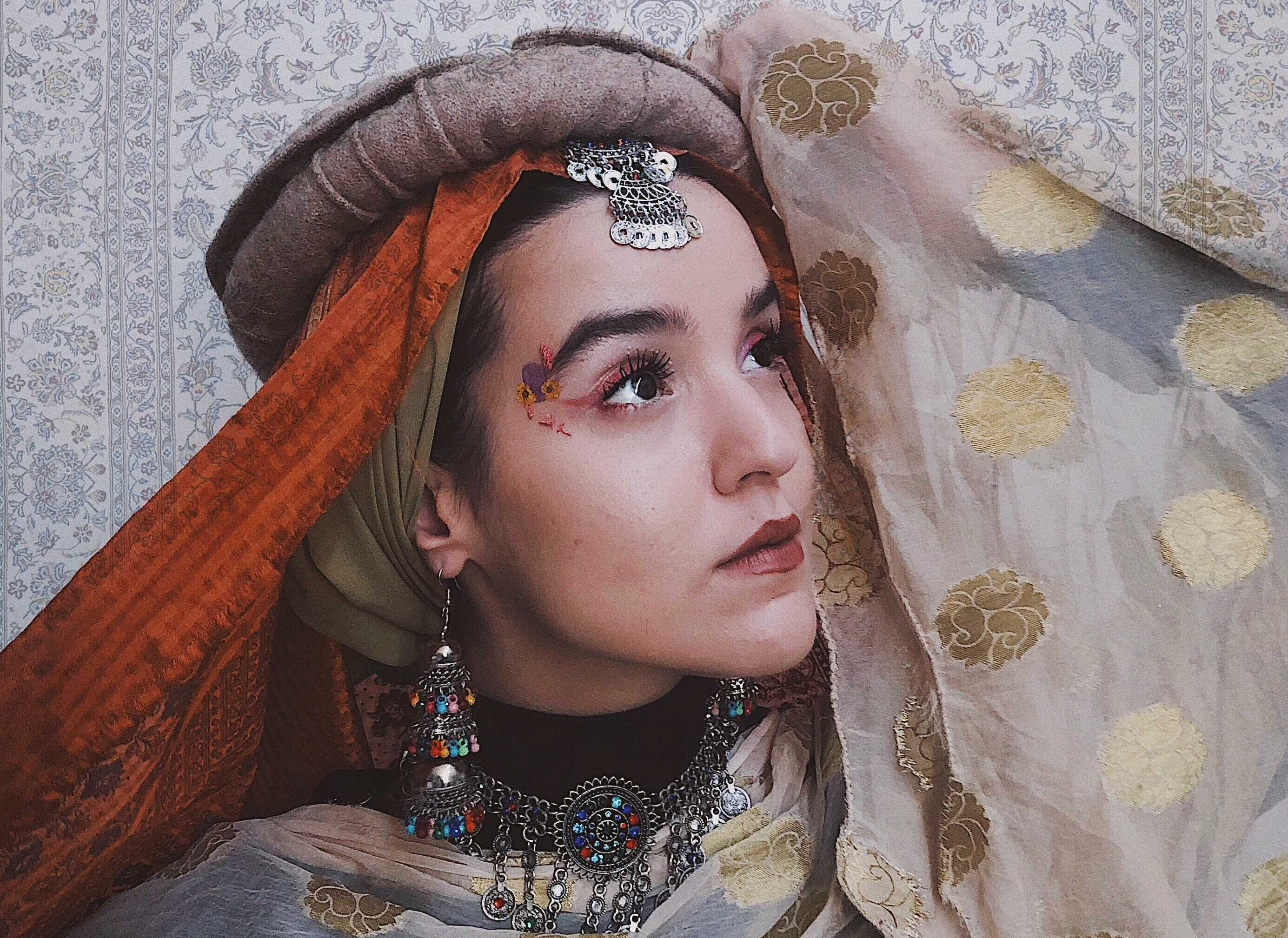Muslim visibility matters – but misrepresenting us does more harm than good
False narratives can be damaging, we need to unlearn and relearn how to represent marginalised groups in the media


As a teen, I often struggled with my identity. I didn’t know what category or label I fit into, it was a feeling of being too outwardly Muslim or Asian and I feared making other people uncomfortable.
Muslim visibility was incredibly limited when I was growing up, it still is. Often when Muslims are represented on TV we are associated with terror attacks and violence. Although the narrative is changing, we are far from where we ought to be.
After 9/11 everything changed, Muslims from around the world felt heaviness and pain. There was a constant barrage of headlines that labelled Muslims in a certain damaging light, which increased anti-Muslim hate crimes and Islamophobia.
Looking back at my childhood things were difficult. I no longer knew where I fit in, whether it was in school or at home, there was always something that made me question who I was, where I was from and what it actually means to be Muslim.
I would shy away from walking to school with my mother because she chose to dress differently. I would be embarrassed that she didn’t speak English, and I had to translate. When she tried, she had a strong accent. Many would zoom into and say, “huh … sorry? Could you get your mum to repeat what she said please?” People were patronising, their comments made us feel excluded.
I ran in an endless loop, hiding from my immigrant family’s roots and pretending I was British by name and blood. But what does it really mean to be British?
This country was built on diversity, culture and immigration, but I didn’t understand the beauty in difference. I didn’t want those differences to shape, mould and negatively stereotype us from the rest.
As I grew older, I came to realise the strength that many Muslims around the world have. I understood that despite the hurdles I would constantly face, the fact that I would undoubtedly need to work 10 times as hard as my peers to get to where I deserve to be, being visibly Muslim was an advantage – my identity was my power.
Through the growth of social media and slow progress in the media, we have seen forms of Muslim visibility but we can do better. There needs to be more accurate Muslim representation in the media to challenge the negative stereotypes, sadly, many of these attempts are still rooted in ignorance.
In one Netflix show, I watched a Muslim woman observing the holy month of Ramadan, she was fasting. This potentially positive representation came crashing down when she broke her fast with a shot of tequila while saying “Bismillah”, meaning “in the name of Allah”.
I felt a plethora of emotions. I was beyond baffled. Of course, drinking alcohol is prohibited in Islam. This depiction highlighted the distinct lack of care shown by directors and producers in the industry. “We don’t need to do all these things to fit in!” I said in a text to a friend, exhausted after seeing the clip.
Muslim characters on TV and film don’t need to be saved or seen as oppressed. We do not need a “white saviour” to help us figure out if we should wear the Hijab, or to save us from our religion. We’ve chosen to follow our own paths, as everyone on this earth has the right to do.
British Pakistani and Emmy award-winning actor Riz Ahmed – in partnership with the USC Annenberg Inclusion Initiative, the Ford Foundation and Pillars Fund – has set up a campaign named The Muslim Visibility Challenge to tackle the misrepresentation of Muslims in the media.
“The USC Annenberg Inclusion Initiative found that out of the 200 top-grossing films they studied, only 19 had even one Muslim character. In other words, 181 of the 200 films presented no Muslim characters who spoke one or more words,” states the campaign's blueprint for Muslim inclusion in the film industry.
The Muslim Visibility Challenge found that in the world’s most profitable 200 movies there were 8,956 characters – but only 1.6 per cent of these were Muslim. There are endless figures and statistics showing the immense problems in the industry when it comes to representing Muslims correctly. Marginalised groups deserve to be seen.
The Muslim Visibility Challenge is a stepping stone towards progressive thinking, as well as unlearning and relearning the right representation of marginalised groups.
“What people are looking for is a message that they belong. Every time you see yourself it’s a message that you matter, that you’re a part of a national story,” said Ahmed in a House of Commons speech.
“I became an actor because I love acting. I became an actor because I don’t want to be defined by my identity. Because I believe that inside each of us is all of us. I want to be able to be anyone. I want to be able to do what my white counterparts do,” said Ahmed.
Is it too much to ask for us to be part of the story, and claim back the narratives that put Muslims in a box and label us incorrectly? No matter our race or religion, we all deserve to be seen and represented properly.
Join our commenting forum
Join thought-provoking conversations, follow other Independent readers and see their replies
Comments
Bookmark popover
Removed from bookmarks